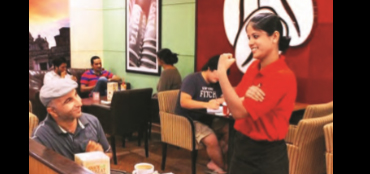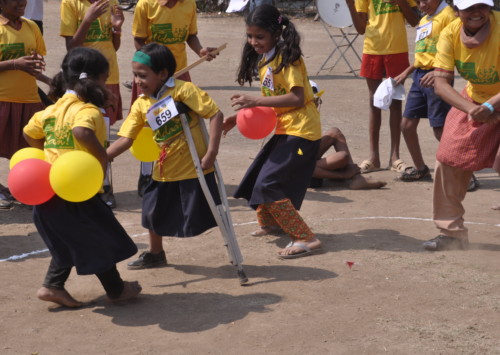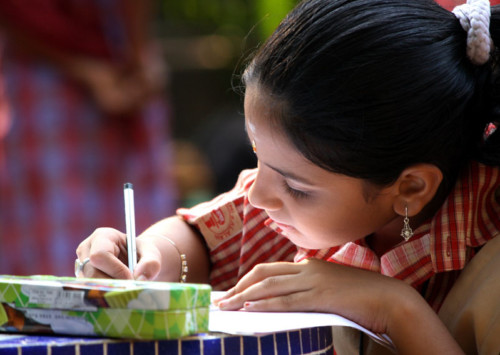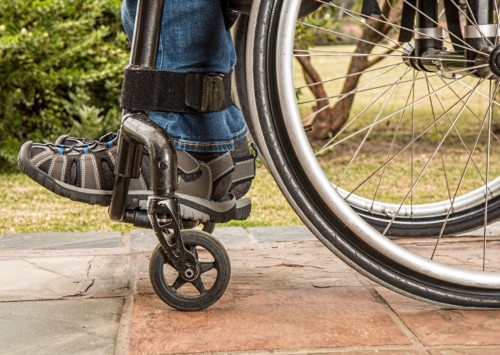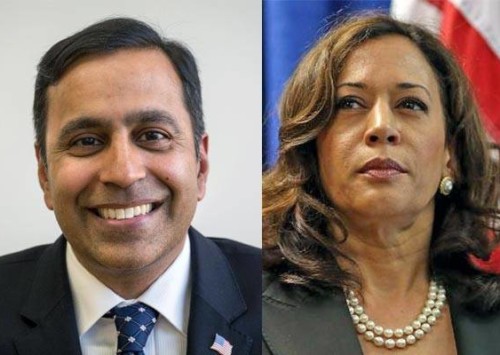Differently-abled finding a place in Indian politics
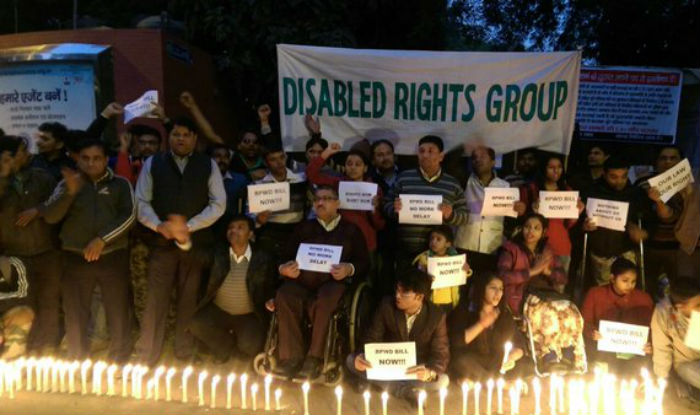
Though Rights of Persons with Disabilities Bill was passed without embracing of reservations in electoral seats for persons with disabilities and participation of differently-abled people in Indian politics
Though many in India are ignorant about inclusion and rehabilitation of disabled people, the differently-abled are recognising the need to tap their own population. Despite the challenges, not only prominent politicians but also the disabled in rural areas are now actively participating in politics, with female contenders also joining in to change things for the disabled.
Even after the Rights of Persons with Disabilities Bill was passed last year without any mention of embracing reservations in electoral seats for persons with disabilities, participation of differently-abled people in politics did not take a back seat.
Recently, Minati Barik, 24, from Bajapur village in Odisha, contested in the three-tier panchayat polls for the Ward Member’s post and became the first wheelchair-using female to win any election in the state. Not only her, but many members of the National Platform for Rights of Disabled (NPRD), a society for disabled rights and a fair chance for over all development, are actively participating in politics at local level.
Meena Kumari from Jharkhand is another such woman, who was born with impairments caused by congenital anomalies, and yet, stood as a candidate during Gram Panchayat elections in 2015. She also served as a Joint Secretary to NPRD and works to ensure justice for disabled people.
Likewise, Anirban Mukherjee, an Executive Body member of NPRD, was born with 100 pc visual impairment, yet regularly participates in election campaigns.
However, not only at local levels, but India has had notable eminent politicians who didn’t let their disabilities come in their way of serving the country.
Sadhan Chandra Gupta
An Indian lawyer and politician, Sadhan Gupta became the first blind parliamentarian in 1953 and also served as an Advocate General of West Bengal. Despite losing his vision as an infant after suffering from smallpox, Gupta joined leftist students’ movement while he was in college and became the President of the Bengal Provincial Students’ Federation. He also became a member of the Communist Party of India in 1939 and founded the National Federation of the Blind to become the first president of the organisation.
Yamuna Prasad Shastri
Shastri lost his right eye while participating in the struggle to liberate Goa from Portuguese occupation in 1955 and lost the other one while participating in people’s struggle in Madhya Pradesh in 1975. And, yet, he became one of the differently-abled politicians to join the Janata Party in 1977 and won on a Janata Dal ticket in 1989 to later join the Communist Party of India (Marxist).
Jaipal Reddy
Despite being polio-stricken since he was 18-months-old, Sudini Jaipal Reddy is currently a member of the 15th Lok Sabha of India and has served as the minister of Science and Technology. He served as a Union Minister for Information and Broadcasting in 1998. In 2004, he also served as a Union Minister for Information and Broadcasting and Union Minister for Urban Development in United Progressive Alliance.

